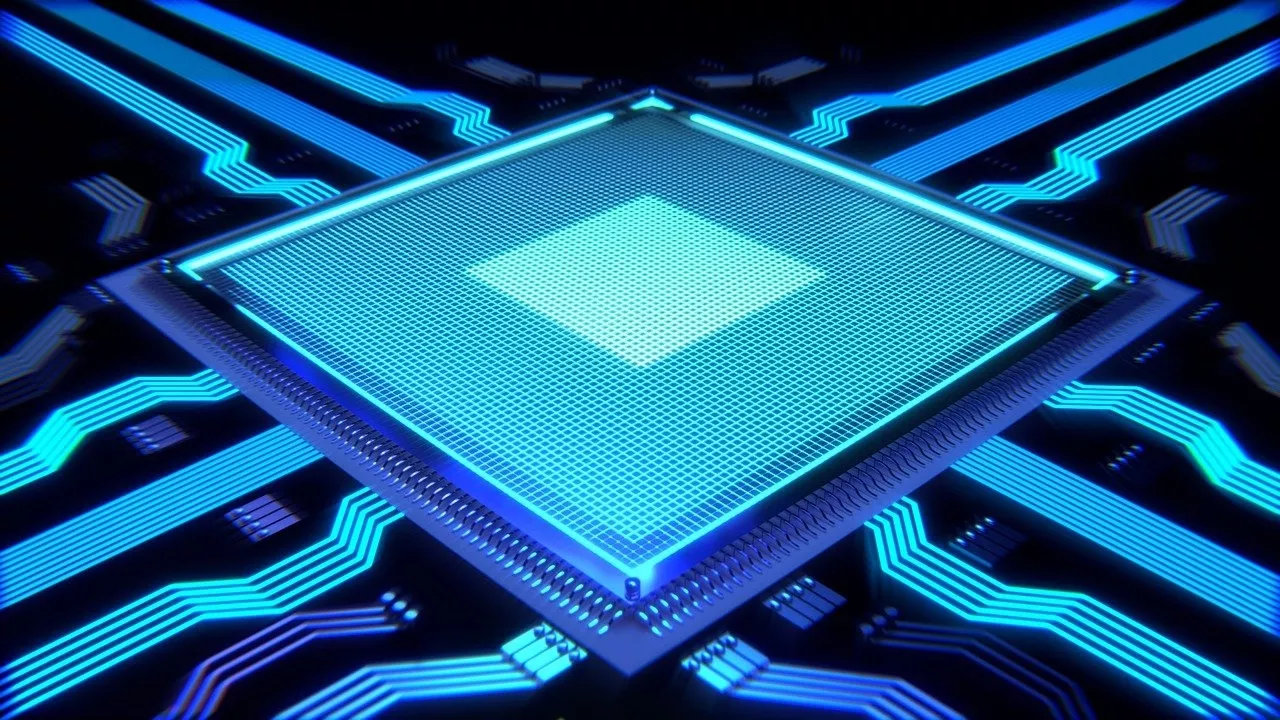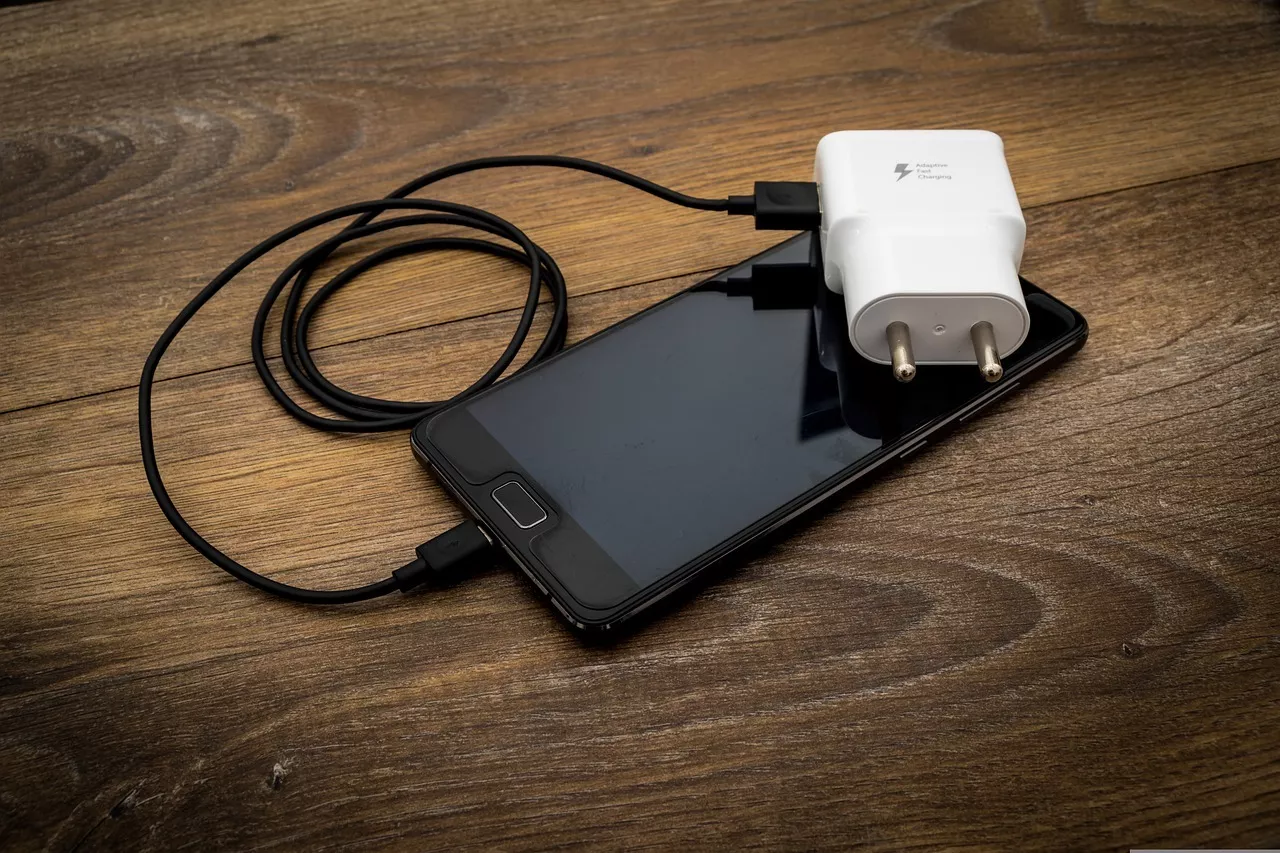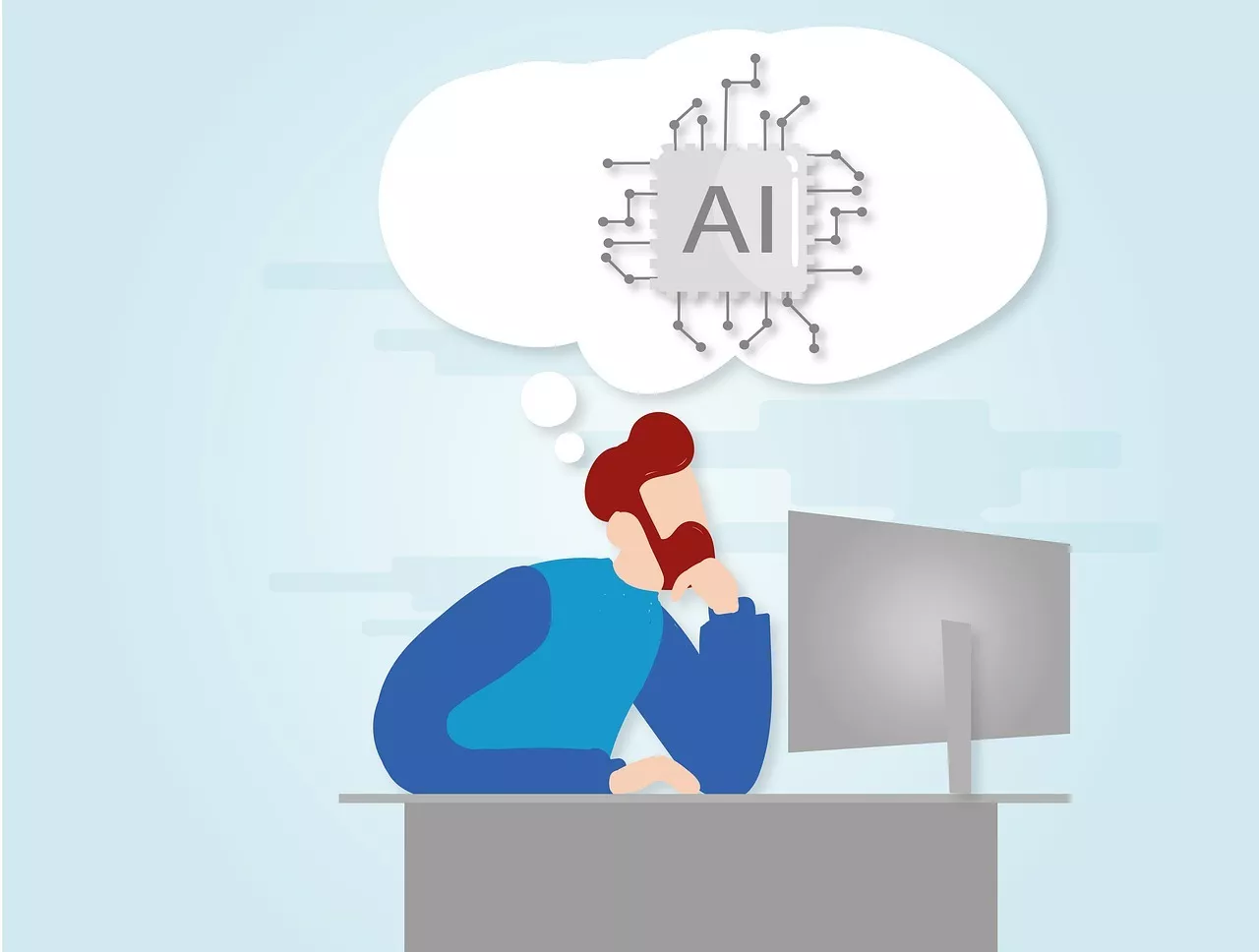How do I choose the right PC for me?
According to the Federal Statistical Office, computers are represented in 86 percent of all western households. They enable access to the Internet, they are used for gaming or are part of the freelancer's standard equipment so that he can earn money for a living. The configuration of such a system is just as varied as the options for using a PC. The following article deals with the requirements of a modern PC, which components it should have and where to set priorities.
Processor, graphics card, hard drive, main memory - a PC consists of many different components. They are subject to a rapid development process because their manufacturers try to be one step ahead of the competition. For consumers, the question arises: How do I configure a PC that has been doing its job for years and fulfilling my requirements?
The question of personal requirements
To clarify the question asked earlier, consumers must first consider what purpose the PC should serve:
- for playing current games
- for surfing the internet
- as a system for office software
- for the production of audio and video files
- as a system for a web designer
Each target group has different requirements for a PC: The gamer is interested in a high-performance graphics card and a strong processor so that current games can be enjoyed with maximum graphics quality. A web designer wants a system that can easily handle large image and graphic files.
Set the budget for the PC
Once the purpose for the system has been determined, the next step is to define a budget. When it comes to price, there is no upper limit for computers. However, most consumers have a personal limit that they do not want to exceed.
The price classes for PCs can be divided into three groups:
1. Beginners: For simple tasks and less demanding people. The price is less than 500 euros.
2. Middle class: Systems of the middle class are suitable for more intensive work and are well equipped for the future. The price is between 500 and 1,000 euros.
3. Upper class: This category includes good gaming systems and PCs for high demands. They cost more than 1,000 euros.
Set minimum equipment and priorities
The requirements for the minimum equipment required for a PC have changed slightly in recent years. The DVD drive, for example, is no longer a must. Many consumers only use digital media. Anyone who needs the drive should purchase one. It's cheap and has little impact on the system's final price.
There are also changes in the graphics card. Processors have had a graphics unit for a number of years, so PCs can do without a dedicated graphics card. These graphics units are not suitable for resource-intensive games, but are sufficient for less demanding games and other simple applications. By doing without a graphics card, consumers save a lot of money and reduce heat generation and energy consumption in their system.
Due to innovations in the field of hard disks, it is worth taking a look at this category. The HDD has been replaced by the SSD (Solid State Drive). The flash storage system is faster than a conventional hard drive and, due to the lack of mechanics, is less prone to failure. The operating system and programs start more quickly from an SSD and files can be opened or copied more quickly. An SSD belongs in every PC today - even entry-level systems.
There is also progress in the area of ​​memory. Here, many consumers mistakenly choose quantity (gigabytes per module) instead of considering the clock frequency. Basically, the higher the clock rate, the faster the data rate of the main memory. The clock frequency is therefore a characteristic of performance.
In some cases it is worth taking a look at the new DDR4 modules. These have a lower energy consumption and at the same time higher performance compared to DDR3. These advantages result in a greater bandwidth. A detailed explanation of DDR4 RAM can be found here.
Consumers working on a moderate budget need to learn to prioritize. By doing without a graphics card, you can invest the money in a good SSD. It is important that you save on components that you do not absolutely need. A gaming system cannot do without a good graphics card. Instead, gamers prefer to do without an SSD.
A suitable operating system
With a market share of over 90 percent (source: NetMarketShare), Windows is the clear top dog among the operating systems.
Due to the monopoly, almost every consumer today wants Windows on his system without giving the alternatives a chance. For many users, Linux is a worthwhile alternative solution. Most distributions are free, easy to install and use. Beginners can easily get along with Ubuntu and save the high costs of a Windows license.











